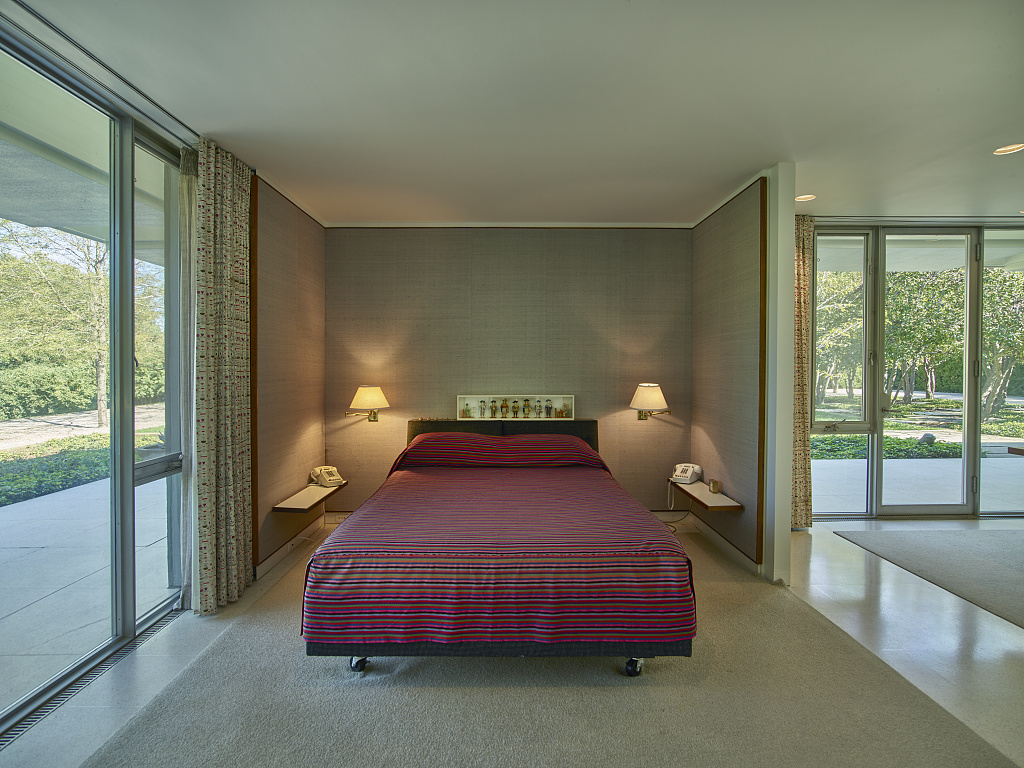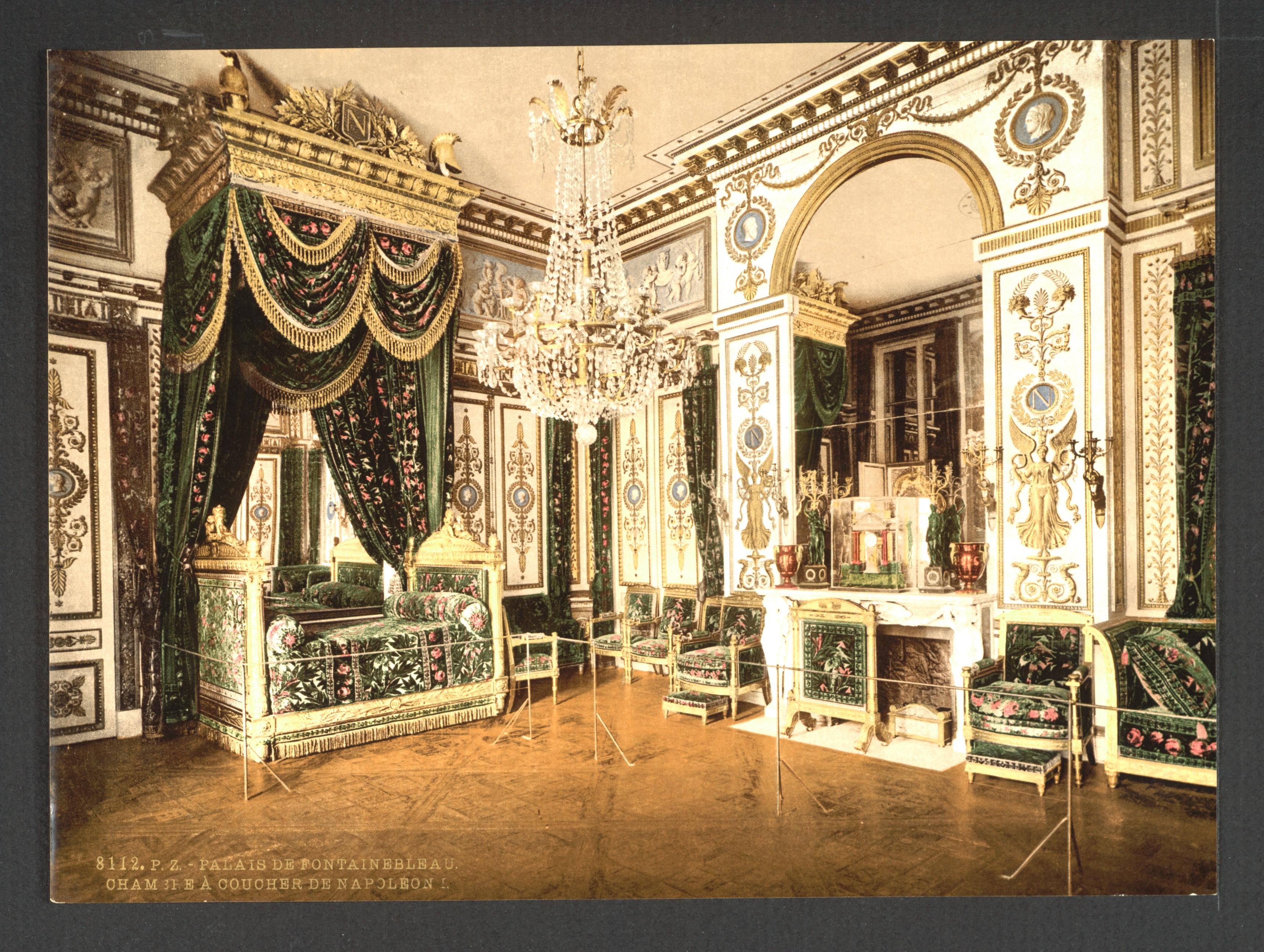
Get the lowdown on the history of sleep, from the ancient world all the way up to the present day. From A to Zzzs, find out everything you might want to know.
In a way, there isn’t all that much historical data around sleep through the ages. But then again, why would there be? People just didn’t think that something so commonplace needed to be studied or observed. However, scraps of information from diaries, medical journals, philosophical texts, stories, poems, and so on can give us a pretty good understanding of different cultural attitudes towards the realm of sleep. So, without further ado, here’s our guide to the history of sleep!
Hunter-gatherers, pre-10,000 BC
Obviously, the extent to which we can say anything concrete about the sleep patterns of hunter-gatherers is pretty small. There are, however, some interesting studies which may indicate what their sleep schedules could have been like. A 2015 study from Current Biology examined the sleep habits of traditional tribes in Bolivia, Namibia, and Tanzania—all of which maintain similar hunter-gatherer lifestyles—to pre-modern humans. The report found that the tribes slept between 5.7–7.1 hours per night, which is a little less than the Sleep Foundation’s recommended sleep time of 7–9 hours. So hey, maybe modernity didn’t ruin everything after all!
The ancient world (3000 BC to 200 AD)
People in the ancient world thought about sleep a great deal, as evidenced by the many artworks and philosophical texts that depict and explore the subject. From sleep deities like Hypnos and Somnus to Egyptian sleep temples—which were a cross between a hospital and a hypnosis chamber—the concept of sleep crops up in many different places. One of the most prevalent ideas was that sleep and death had some kind of relationship. According to a proverb from ancient Greece, “sleep and death are brothers” (or as Nas put it about 2,500 years later, ”I never sleep, ’cause sleep is the cousin of death.”)
Around 500 B.C., a famous physician called Alcmaeon argued that sleep was the result of lost consciousness after blood drained out of your body’s surface-level blood vessels. Aristotle, on the other hand, believed that the onset of sleep came about after vapors rose from the stomach to the heart — where he theorized consciousness was based—after digestion. And while both sound a little simplistic now, these types of theories were revolutionary in their day.
End of biphasic sleep, late 17th century to early 20th century

This is a really big moment, not just in the history of sleep, but in the history of industrial civilization, full stop. Here’s the backstory: for a significant amount of time, humans slept in two distinct phases, bisected by a short period (about an hour) of wakefulness. This was called biphasic sleep. During this hour, people would wander around, have sex, smoke tobacco, and pray. It wasn’t just a midnight run to the pantry, but a time of day filled with activities.
According to Roger Ekirch, the historian who literally wrote the book on biphasic sleep, references to segmented sleep began to disappear around the end of the 17th century, and by the early 20th century, the concept was completely alien to most people. There have been many many different theories about the transition from biphasic sleep to monophasic sleep, from the industrial revolution to the advent of street lighting, but it’s clear that this is one of the major sleep developments to occur over the course of human history.
The rise of sleep science, 1900–present
The beginning of the 20th century gave rise to a wide range of technologies and medical instruments that helped to establish a more scientific approach to sleep. From the development of the first sleeping pill and the competing dream theories of Carl Jung and Sigmund Freud to the discovery of the Circadian Clock and creation of sleep medicine as a discipline in itself, the 20th century saw our understanding of sleep grow in leaps and bounds. In the present day, technology is becoming even more intertwined with sleep, with a host of apps, wearable technologies, and tracking devices available to consumers.
And that, more or less, is the history of sleep. Obviously, we skipped a few details—as interested as we are in counting Zzzs, we’d rather our readers didn’t do so while reading our posts—but as you can see, our knowledge of sleep has only become more comprehensive as time has gone on.



